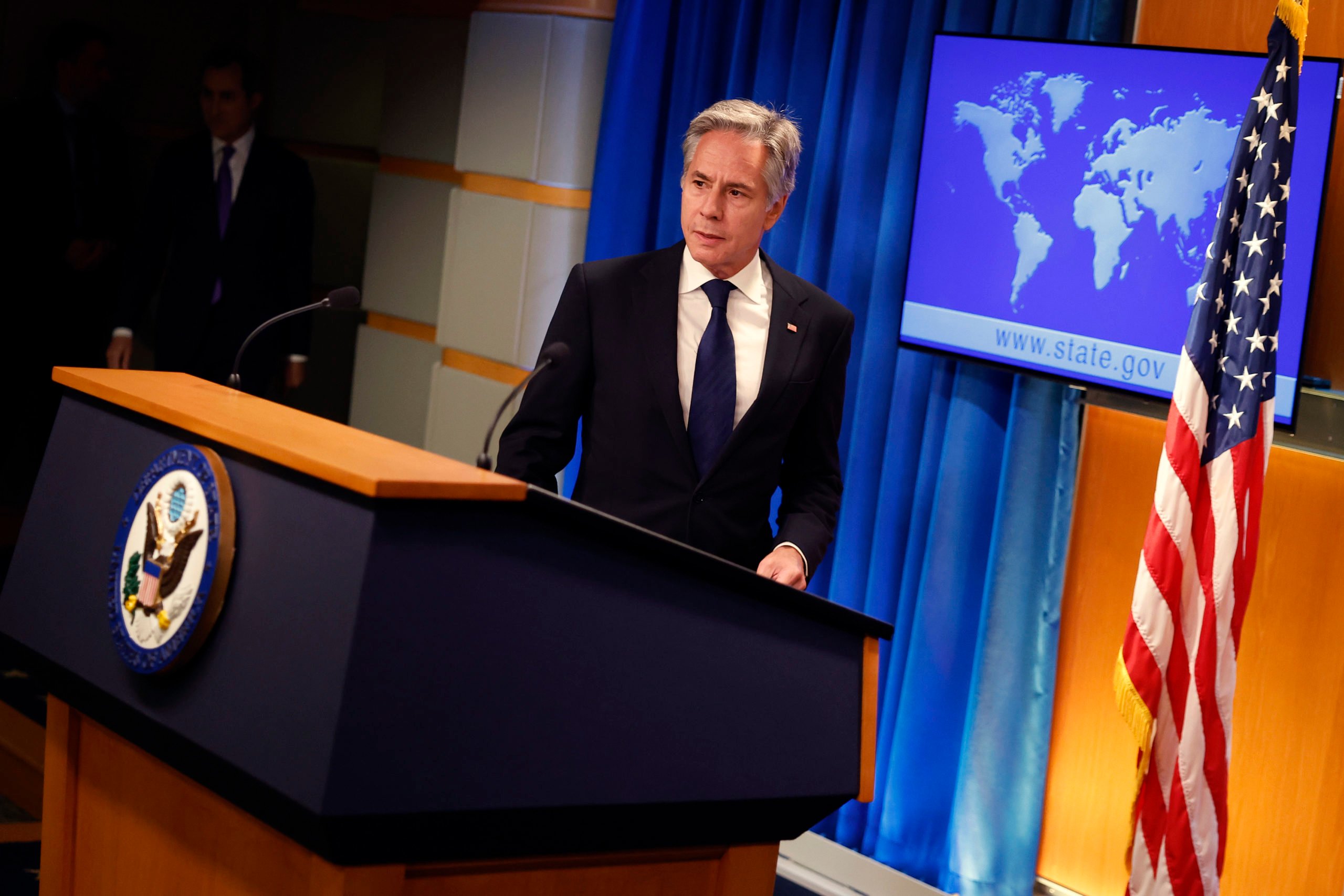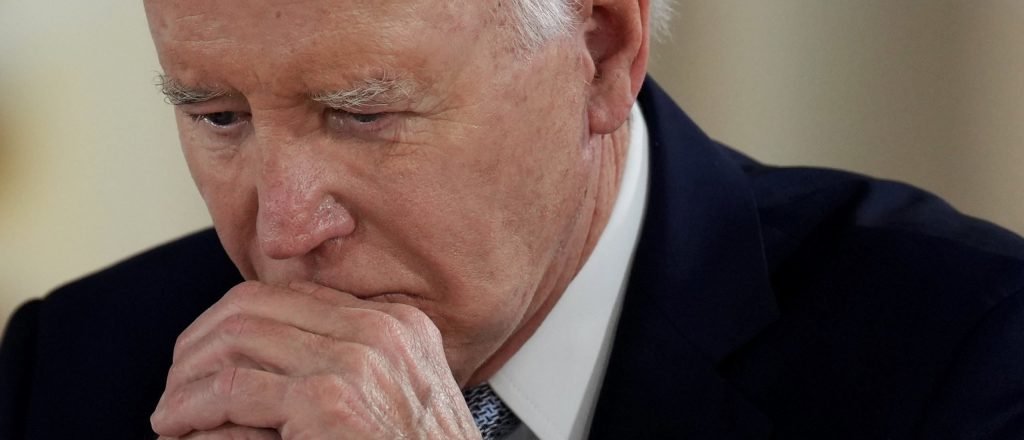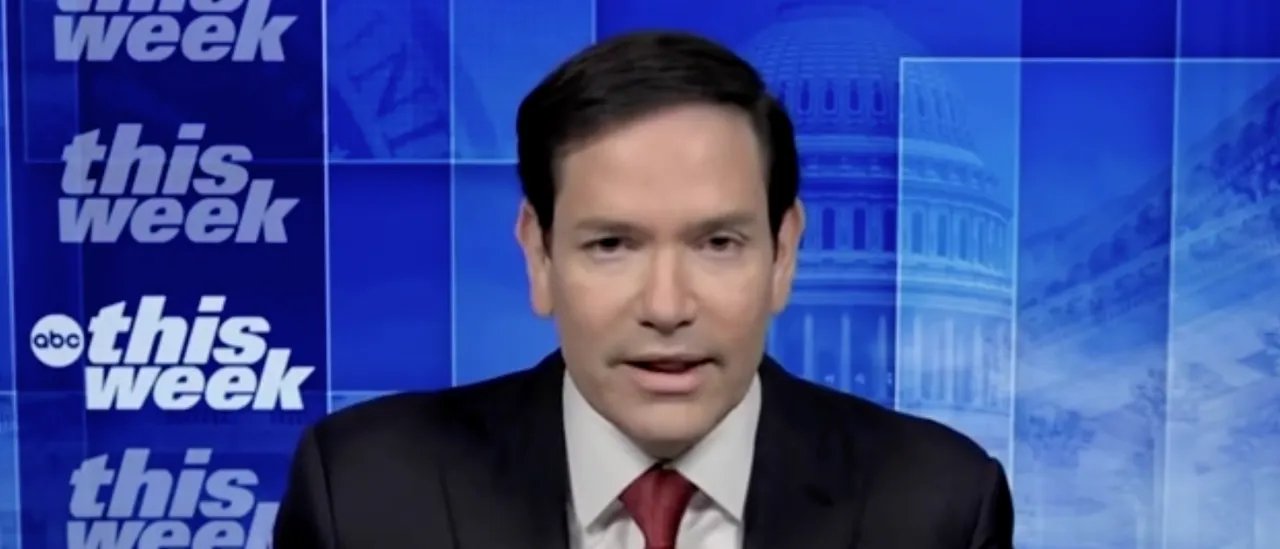President Joe Biden has given repeated assurances in recent weeks and months that a ceasefire between Israel and Hamas is on the horizon, but U.S. officials are reportedly beginning to privately acknowledge that he will not be able to help secure a deal before the end of his term.
Hamas' Oct. 7 attack on Israel sparked a broader regional war and plunged an already chaotic Middle East into further turmoil, prompting the Biden-Harris administration to seek a diplomatic solution to end the conflict and ease tensions among Arab nations. Biden has constantly touted his efforts to secure a ceasefire agreement and has hinted on several occasions that one was imminent, but these efforts have borne little fruit. And now, given the obstacles that remain between Israel and Hamas, U.S. officials are beginning to think it may be impossible to secure anything before Biden leaves office, according to a source with direct knowledge of the matter. spoke To the Wall Street Journal. (Related article: Israel keeps its foot on the gas, reportedly pursuing terrorist wanted by US for 1983 Marine barracks bombing)
“A deal is not imminent,” one U.S. official told the Journal. “We don't know if a deal will be reached.”
WASHINGTON, DC – SEPTEMBER 20, 2024: U.S. President Joe Biden (center) presides over a cabinet meeting with Secretary of State Antony Blinken (left) and Secretary of Defense Lloyd Austin at the White House in Washington, DC on September 20, 2024. Biden convened the meeting to reaffirm his priorities with four months remaining in his administration. (Photo by Chip Somodevilla/Getty Images)
Private concerns that a deal is unattainable are not fully reflected in recent public statements from senior Biden administration officials, who have expressed frustration with Hamas's stubbornness to negotiate while insisting that a deal is still on the table. Official In early September, White House spokesman John Kirby told reporters that “90 percent” of an agreement had been reached between Israel and Hamas. Reconfirmation At a press conference on Wednesday.
But Gabriel Noronha, a former senior State Department official, told the Daily Caller News Foundation that it's the remaining, narrower aspects of these agreements that are often the hardest to resolve.
“Typically, you deal with the easier items first and then you put together the most difficult items at the end,” Noronha told the DCNF, pointing to the debate over whether Israel should keep troops in the Gaza Strip as one sticking point in the deal. “It's a difficult item.”
In recent weeks and months, Biden positive Regarding reaching a ceasefire agreement, Biden told reporters in late August that he was “optimistic” that an agreement would be reached soon, as most of the terms had been agreed and talks between Arab countries were continuing.
Biden has been in the spotlight for weeks. Previous He said “there could be something” about a deal but “I don't want to be ominous,” and claimed his team was “closer than ever” to reaching a deal.
“We're a lot closer than we were three days ago, so I wish you the best of luck,” Biden told reporters on Aug. 16.
Biden has stressed the urgent need for a ceasefire for several months, suggestion It called for a deal in May but it has not yet been accepted, warning that a deal needs to be reached before then. march, But that never happened, and Biden had predicted in February that a ceasefire would be reached within days. (Related article: Prime Minister Benjamin Netanyahu faces a wall — and no easy way out)
“By the beginning of the weekend, or rather, by the end of the weekend. [that a deal will be reached]Biden said Press conference in February.
In recent months, U.S. officials have become increasingly pessimistic about whether a deal will be reached, largely due to Hamas's stubborn stance in negotiations and its unrealistic conditions for any agreement. According to The Wall Street Journal, Hamas frequently makes new demands on the proposal, and the terror group continues to reject it even after the U.S. and Israel agree to the terms.
National Security Advisor Jake Sullivan met with families of American hostages remaining in Gaza on Wednesday to update them on the status of negotiations and reassure them that President Biden will not stop negotiations until the families are home. According to Hostage Aid Worldwide was contacted, but the families “expressed frustration at the lack of concrete progress and stressed that everyone needs to play a greater role in reaching an agreement.”
Further complicating the situation are tensions between Israel and Iran and its Lebanese proxy terrorist group, Hezbollah, both of which have been engaged in direct and indirect skirmishes with Israel since the war broke out in October last year. Israel has been suspected of conducting highly targeted remote attacks against Hezbollah in recent days, prompting warnings of retaliation from the terrorist group, which is already engaged in a firefight with Israel along the Israeli-Lebanese border.

WASHINGTON, DC – SEPTEMBER 13: U.S. Secretary of State Antony Blinken delivers a speech at the U.S. State Department in Washington, DC on September 13, 2024. (Photo by Kevin Dietsch/Getty Images)
“There's no chance now [a deal] “What's happening,” an Arab government official told the Journal after this week's attacks in Lebanon, “is that everyone is waiting to see what happens after the elections. The results will determine what happens with the next administration.”
Complex rifts between Israel and Hamas over the agreement, as well as compounding factors emanating from Hezbollah and Iran, mean the Biden-Harris administration does not have much control over the negotiations at this stage, making it unlikely that an agreement will be reached between now and the end of the Biden administration's term, Noronha told DCNF. (Related article: After years of war, Al Qaeda is far from defeated.)
“They probably won’t get anything before the election, or even before January. But that’s not their fault. [Israel and Hamas] “Yes,” Noronha said.
Still, securing a ceasefire in Gaza would be a remarkable success for Biden's foreign policy efforts and open the door to broader regional peace. The agreement could pave the way for talks between Israel and Saudi Arabia on establishing formal diplomatic ties, although Saudi Arabia has said such ties are not possible until Israel agrees to a two-state solution with the Palestinians.
In the meantime, the United States continues to help mediate talks between negotiators from Israel, Egypt, Qatar, and Hamas, with a particular focus on how to overcome the obstacles that currently prevent an agreement from being reached.
“We've encountered resistance,” Kirby told reporters Wednesday, “and we're no further along today than we were a few days ago.”
The State Department and the White House did not respond to requests for comment.
As an independent, nonpartisan news service, all content produced by the Daily Caller News Foundation is available free of charge to any legitimate news publisher with a large readership. All republished articles must include our logo, reporter byline, and affiliation with the DCNF. If you have any questions about our guidelines or partnering with us, please contact us at licensing@dailycallernewsfoundation.org.







